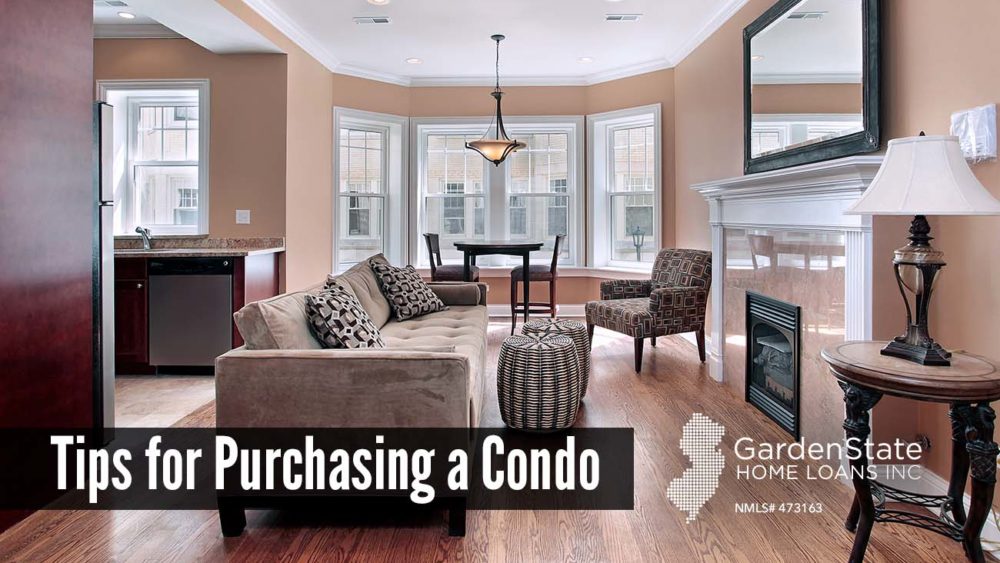
Hunting for a new home can be an exciting and stressful time. Before settling on a new home, consider factors such as mortgage payments, post-closing costs, school districts, and local shopping complexes in your home purchasing process. A condominium, also known as a condo, is an individually owned apartment in a building or complex of buildings. Purchasing a condo builds equity on a property and may be a less expensive investment as compared to buying a house.
Here are some helpful tips to keep in mind when looking for a condo.
Tips for Purchasing a Condo:
Condo Type:
Whether you prefer a low-rise, a high-rise, with or without amenities, it is essential to research condominium styles to find the best style for you. Purchasing the largest affordable suite may be beneficial in the reselling process. For example, while a condo with a beautiful view may not be essential to you, it creates a better resale deal. Consider hiring a professional realtor. They can assist you through the purchasing process as well as answer questions.
Visit the neighborhood:
Explore the surrounding area at different times during the day. Visit the neighborhood in the morning, late afternoon, and night to get a feel for the region. Check out local schools, the city culture, safety measures, views, transportation opportunities, and traffic patterns. Moreover, talk to current occupants of the building about the neighborhood.
Condo Rules:
Every association has a specific set of rules to ensure a high-quality atmosphere in the building. For example, determine if the building allows pets. Moreover, do not conduct any illegal business inside your condo. Avoid breaking any association rules.
Additional Fees:
Besides mortgage installments and taxes, be aware of possible additional payments associated with buying a condo. When purchasing a condo, townhouse or another type of property in an organized development, you may be obliged to pay Home Owners Association (HOA) fees. Association fees cover common expenses such as insurance and grounds maintenance. Furthermore, consider possible condo luxuries. This may include doormen, high-end fitness centers or pools, storage spaces, lockers, or parking opportunities.
Compare property value as well as any additional costs for a clear understanding of overall condominium pricing.
Condo’s Financials:
Inquire about any construction problems and the condition of the condo. Review financial records, past performances, and possible condo emergency funds. Emergency funds cover the maintenance and missed one or two association payments. Additionally, explore special assessments of the building. Special assessments are a tricky yet vital part of the home buying process. It is essential to discuss any special assessments such as a leaking roof. If the condo is located in a previously levied earthquake zone, determine if the condo is retro-fitted. This is crucial in preparation for any possible future storms.
There are many factors to consider when purchasing a condo. After narrowing down to one or two neighborhoods, compare prices of condos sold in that area. Visit the suite at least twice before making any final decisions. Furthermore, ask your lawyer to review the Condominium Documents and Status Certificate. Do plenty of research to ensure your dream home.


Comments are closed.